Don't birds eat caterpillars?
AdamM321
18 years ago
Related Stories
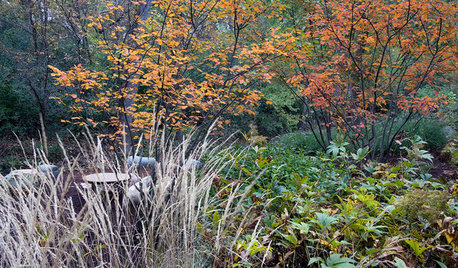
GARDENING GUIDES8 Native Shrubs for Year-Round Bird Feeding
It’s not just about berries. These plants provide insects for birds and seasonal interest for gardeners
Full Story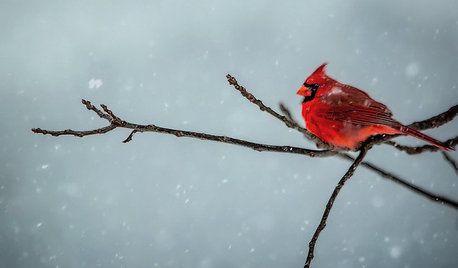
GARDENING GUIDESBackyard Birds: Northern Cardinals in the Snow, and Other Red Birds
Brilliant crimson feathers make these friends stand out in a crowd
Full Story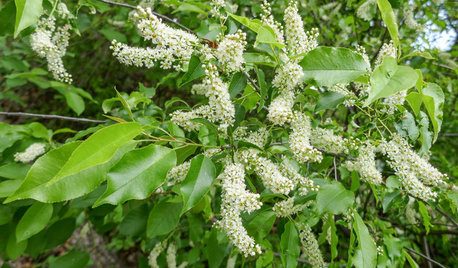
GARDENING GUIDESPlant Black Cherry Trees for the Birds and Bees
Plant Prunus serotina in the Central and Eastern U.S. for spring flowers, interesting bark and beautiful fall color
Full Story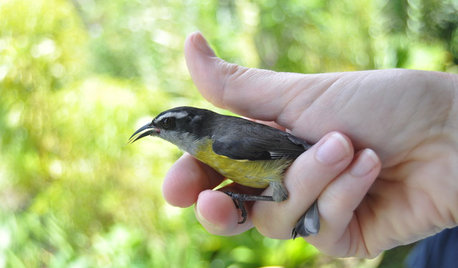
GARDENING FOR BUTTERFLIESBring on the Birds: Natural Habitat Ideas for Gardens of All Sizes
Provide nesting, watering and perching spots inspired by the Costa Rican jungle and watch the birds flock on over
Full Story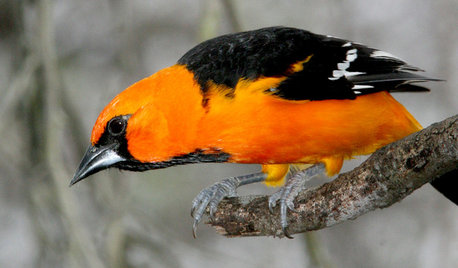
GARDENING GUIDESBackyard Birds: Orioles Return After Spending Winter in the Tropics
These colorful songbirds prefer woodlands and forest edges, but they’ll visit yards with fruit-producing trees and shrubs
Full Story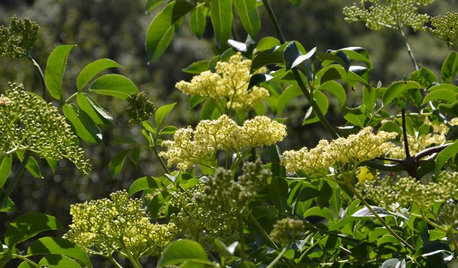
GARDENING GUIDESGreat Design Plant: Sambucus Nigra Caerulea for the Birds
Blue elderberry is a favorite of birds and other wildlife in its native California
Full Story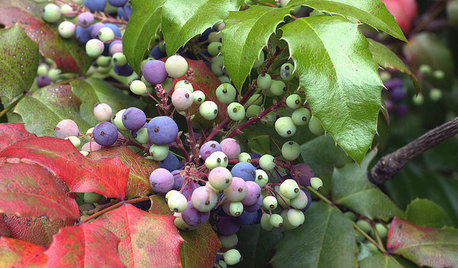
GARDENING GUIDESGreat Design Plant: Mahonia Aquifolium for Birds
Oregon grape puts on a bold spectacle from spring through winter and is ideal to brighten partly shady corners in the U.S. West
Full Story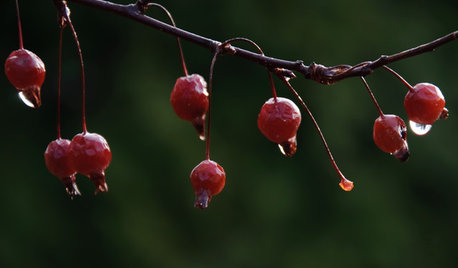
GARDENING FOR BIRDSFeed the Birds: 6 Plants for Abundant Winter Berries
Be kind to your fair feathered friends during lean food times by planting a shrub or tree loaded with nutritious snacks
Full Story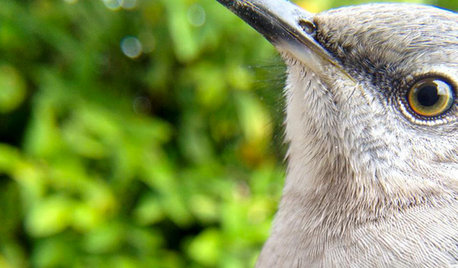
HOME TECHA Bird Photo Booth for Your Backyard
Catch a glimpse of nature's secret life or literally watch the grass grow. These cameras make it possible
Full Story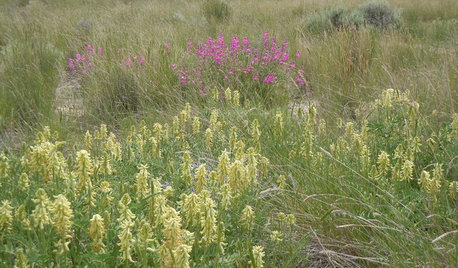
GARDENING GUIDESGreat Design Plant: Canadian Milkvetch Draws Bees and Birds
Its seedpods have visual appeal, but winged creatures are lured to Astralagus canadensis for more than its looks
Full StorySponsored
More Discussions






Elaine_NJ6
AdamM321Original Author
Related Professionals
Fitchburg Landscape Architects & Landscape Designers · Bowie Landscape Contractors · Broadlands Landscape Contractors · Davidson Landscape Contractors · Ellensburg Landscape Contractors · Farmington Landscape Contractors · Mastic Beach Landscape Contractors · Morrisville Landscape Contractors · Ringwood Landscape Contractors · Salem Landscape Contractors · Wailuku Landscape Contractors · Wickliffe Landscape Contractors · Lakewood Driveway Installation & Maintenance · Conroe Swimming Pool Builders · Grandview Swimming Pool Builderssam_md
michal_ms
rhizo_1 (North AL) zone 7
newyorkrita
AdamM321Original Author
John_D
Elaine_NJ6
AdamM321Original Author
John_D
Allshade
vonyon
AdamM321Original Author
southwebb
moonwolf23
AdamM321Original Author
moonwolf23
AdamM321Original Author
paul_
Fledgeling_
goldensmom
AdamM321Original Author
dirtgirl
Fledgeling_
christine_k_9_hotmail_com
ghoghunter